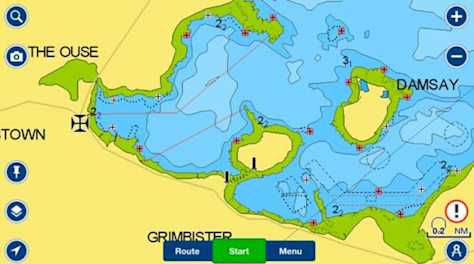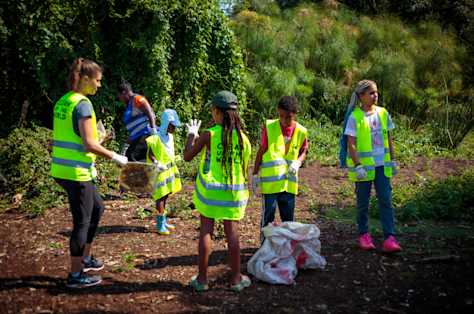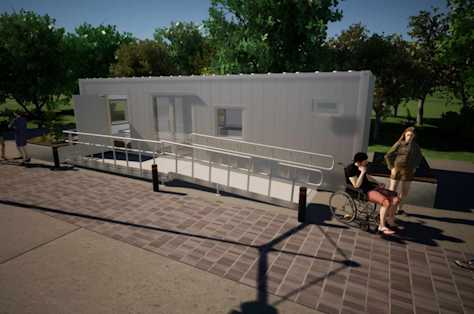Our Grants
Our grant making process focuses on individuals and organisations working within, and across, our priority areas. We do not normally accept uninvited grant proposals.
In 2024, the Green Britain Foundation agreed to fund a groundbreaking project to cultivate and restore native UK oysters - a keystone species in marine ecosystem. Historically, efforts to restore native oysters relied heavily on moving oysters from hatcheries or other natural stocks to depleted areas. However, recent research suggests this approach may inadvertently undermine restoration success. Oysters are deeply interdependent with their local microbiome- the community of microorganisms unique to each marine environment. The Green Britian Foundation is supporting North Bay Innovation in a pioneering solution: the micro oyster hatchery. The first of its kind will be installed in Orkney, a region renowned for its pristine marine conditions and biodiversity. This localised hatchery model is designed to cultivate oysters that are specifically adapted to their native environment, ensuring a closer alignment between their genetic traits and the local biome. The restoration of native UK oysters has the potential to revitalise marine ecosystems and bolster biodiversity.
The Green Britain Foundation was delighted to support the Naam Festival project working in Kenya to stop, and reverse, the pollution and destruction of Lake Victoria (Nam Lolwe). The Lake Victoria ecosystem provides clean water, food and employment to millions of people. With help from the Green Britain Foundation, the Naam Festival are looking to work with the local community to encourage behavioural shifts as part of an environmental citizenship campaign. Specifically, the Green Britain Foundation is funding Naam Festival’s work in upstream collection of waste fabric from commercial tailoring outfits and the delivery of community workshops to repurpose the previously discarded fabric waste. The potential impact of the project is significant for local fisherman and farmers, but also in support of lakeside and riverbank communities who we are working with to establish alternative and sustainable income generation opportunities.
The Green Britain Foundation is thrilled to be supporting the Blue Lantern Project, an innovative housing project aimed at alleviating homelessness in Gloucestershire. The project, running over the course of a calendar year, is focused on creating temporary, transportable living accommodation for homeless people. Although temporary housing structures already exist, this accommodation will be entirely off the grid and use solar energy. The water supply will be from a rainwater harvesting system with a sewage filtration system to re-use the grey water produced.


